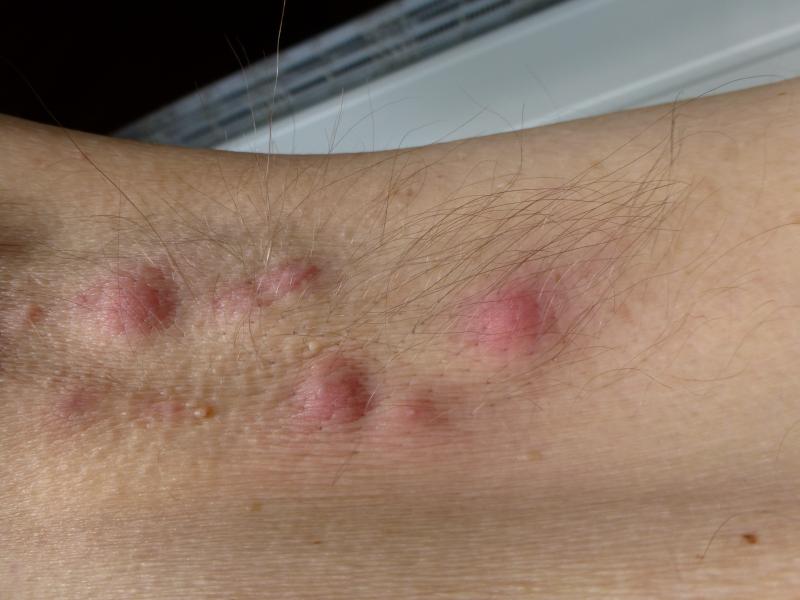
The occurrence and severity of hidradenitis suppurativa (HS) are associated with micronutrient status and obesity, suggesting that weight loss and dietary modifications should be considered in the treatment of HS patients, according to the results of a systematic review and meta-analysis.
Researchers searched multiple online databases for studies evaluating the influence of diet, weight and metabolic fluctuation on HS severity, inflammatory/immunologic factors involved, and treatment. They assessed the bias risk and methodological quality according to the Cochrane Handbook for Systematic Reviews of Interventions.
The meta-analysis included 25 articles. Pooled data from nine case–control studies across Asia, Europe and the US showed that significantly more HS patients were obese than general population controls (22 percent of 5,878 vs 17.5 percent of >13 million). HS patients had a fourfold higher likelihood of obesity (odds ratio, 4.022, 95 percent confidence interval [CI], 2.667–6.065; p<0.001).
Four case–control studies on HS severity also reported a positive correlation between patient BMI and disease burden, such that patients hospitalized for HS had about threefold higher odds of being obese while HS patients not hospitalized had only about a twofold higher likelihood. Results from five articles that examined weight‐loss interventions (surgical and dietary) revealed mixed findings.
Meanwhile, pooled data from three studies on micronutrient levels, eight dietary intervention studies, and one article analysing both micronutrient association and dietary intervention showed that low serum zinc and vitamin D levels were associated with increased lesion count in HS. Additionally, supplementation with zinc, vitamin D, vitamin B12, or exclusion of dairy or brewer’s yeast effectively led to partial or complete lesion resolution.
Weight loss from bariatric surgery was associated with HS improvement but often resulted in more severe malnutrition that, in turn, worsened or even led to new-onset HS after the surgery. The researchers called for additional studies to conclusively determine the role of diet in HS.